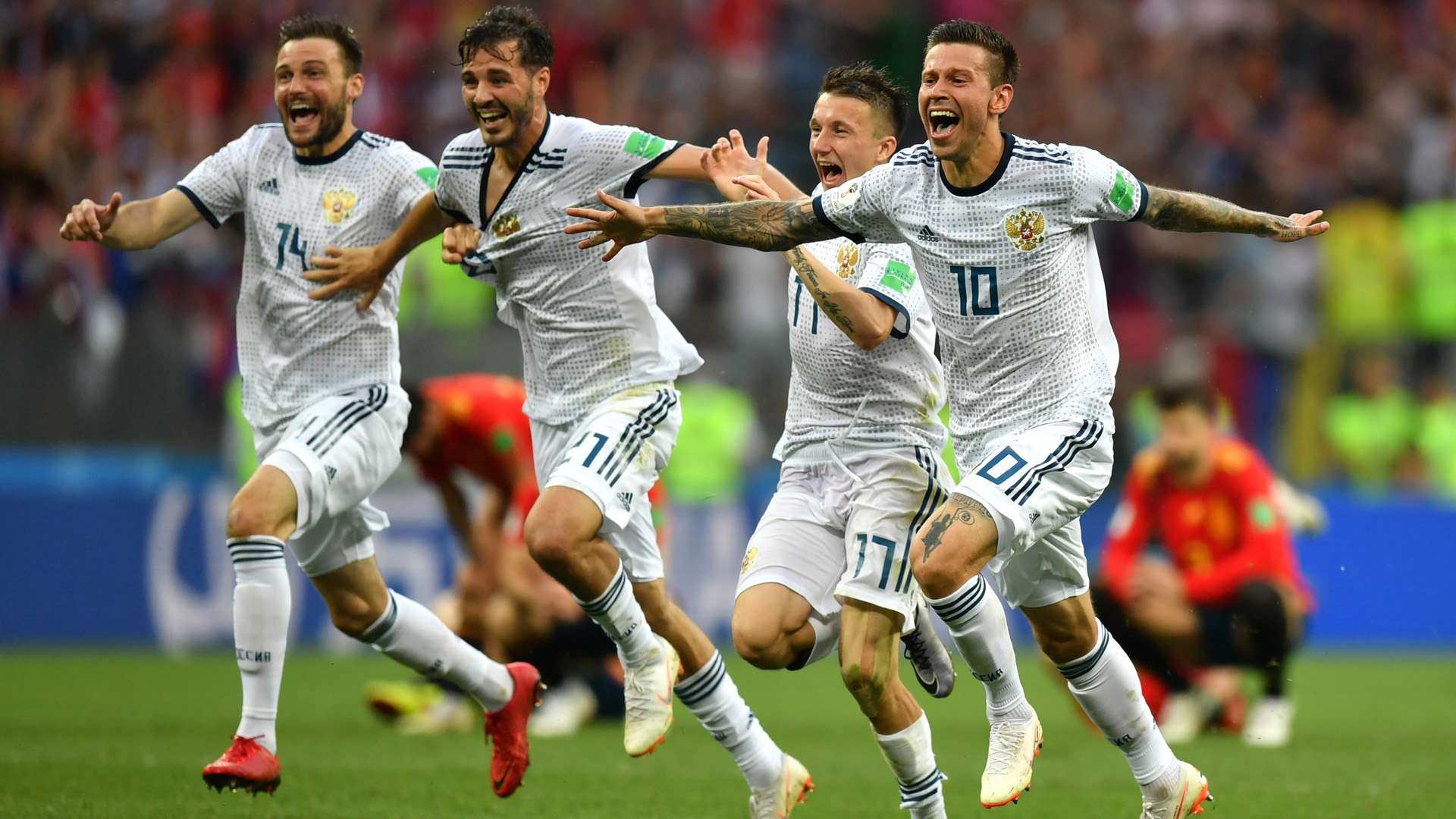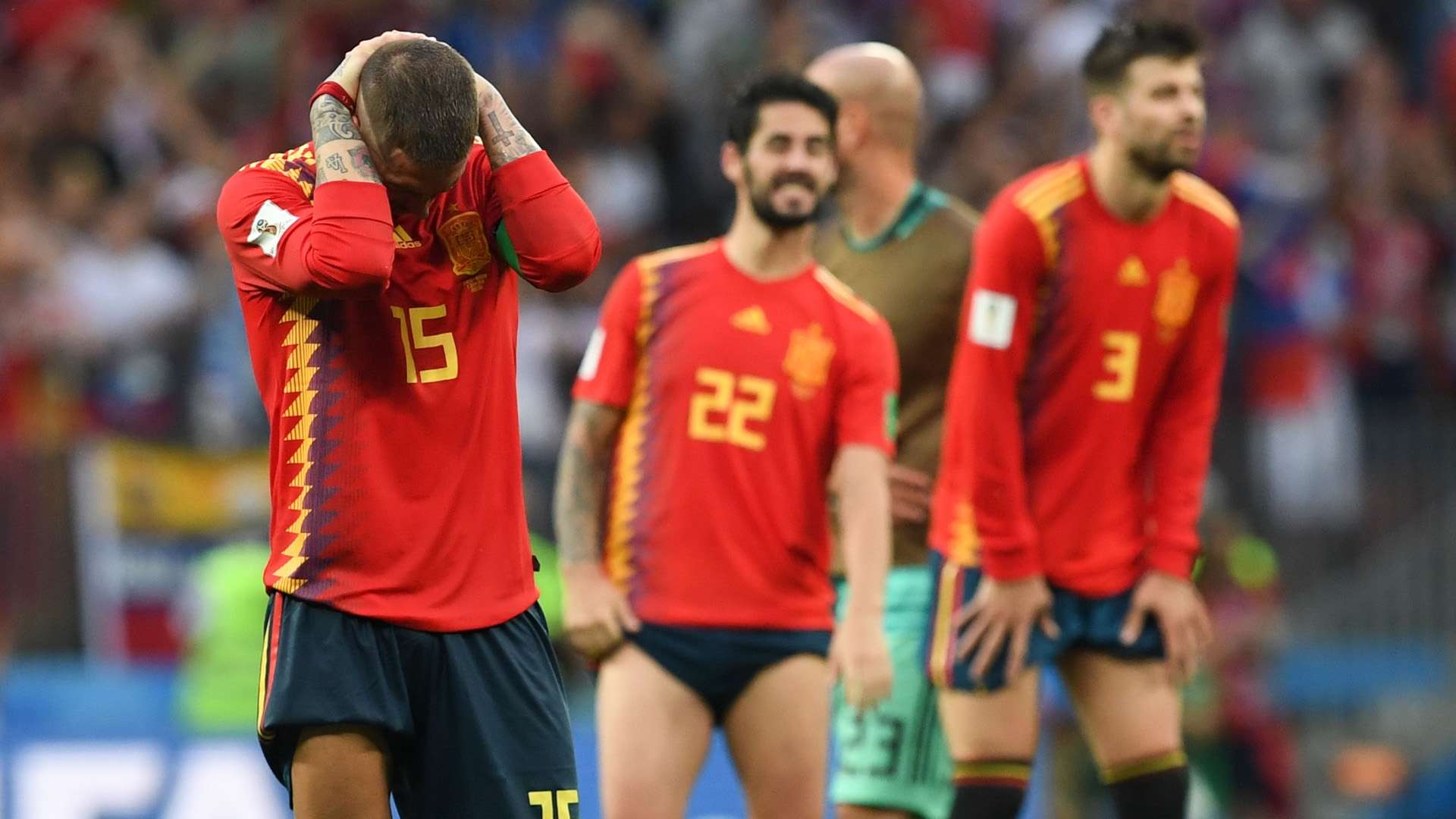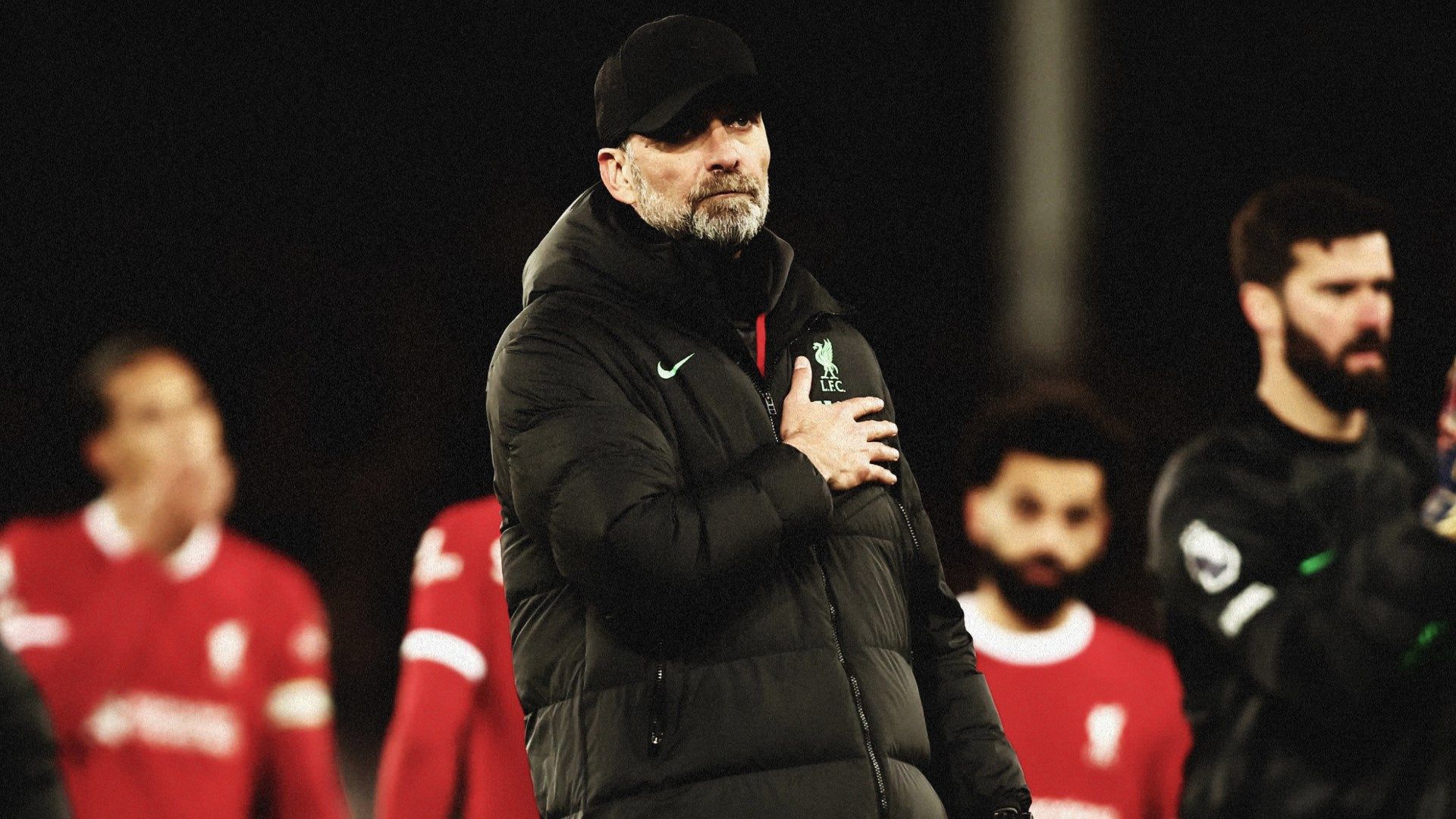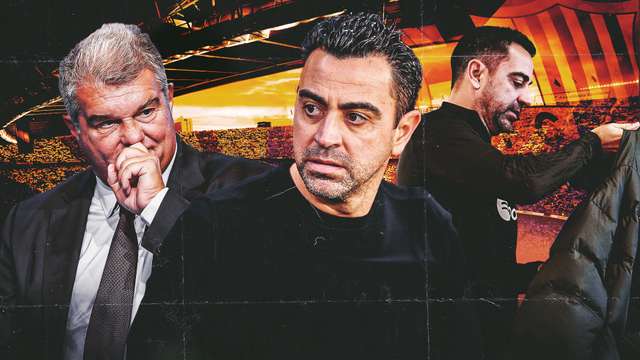It began terribly and went rapidly downhill from there. That is the story of Spain’s World Cup.
They were plunged into uncertainty as soon as they set down at their base camp in Krasnodar. Newly-appointed Spanish FA chief Luis Rubiales took it upon himself to sack coach Julen Lopetegui for negotiating with Real Madrid without his approval or permission.
Fernando Hierro was put in his place – since he was in the country and had a visa – but from there on in, there was a certain complacency that Spain could fudge it and get the job done.
From the first moment they set foot on a pitch, in Sochi against Portugal, the signs were there that Spain would not survive on muscle memory alone.
This was a team loaded with quality players but – like so many of the underwhelming teams here at the World Cup – less than the sum of its parts.
Their mistakes were big and biting: from David De Gea fumbling over a tame Cristiano Ronaldo effort to here against Russia when Gerard Pique’s absent-minded handball gave the hosts the only sliver of light they would need.
The team in red looked rather like Spain and played rather like their predecessors who won trophies in 2008, 2010 and 2012. But it’s not the same. There is a bluntness about them. There is a lack of variety about them. They play like they believe in their processes but they are getting diminishing returns.
On one hand, they deserve admiration for sticking to their principles and seeking to pass their way through teams. But Hierro – and the players on the field for that matter – demonstrated a stubbornness in their refusal to look for another way.
Diego Costa turned away on numerous occasions at the Luzhniki in disgust after coming short only for the ball to be funnelled out wide yet again. He was impotent in the game.
Marco Asensio waited patiently like a greyhound in the traps to be unleashed. Spain went from side to side, trying to switch Russia around and make the space he needed. It never came and his day was wasted.
Isco tried to take command; he tried his one-twos and his dribbles. But he was blocked at every turn. Spain got deep into Russian territory only to see that the opposition had regrouped and three fully-intact lines remained to pass.
So the ball went to Sergio Busquets or Koke, who then went sideways or backwards. The knockout could not be forced and Russian belief grew.
 Getty Images
Getty Images
Once they reached penalties, there was a growing sense of anxiety among the Spanish. They had come this far but were about to be exposed.
It would be remiss to lay the blame at the foot of the federation president but Spain were agitated from day one. And now their World Cup is over.
There will be no repeat of 2010. Through roja-tinted glasses, fans might remember that team as swashbuckling and all-conquering. But they were – quite often – boring. Their strength lay in their predictability. They would keep the ball and pass teams to death but they wouldn’t make mistakes.
Ball possession and the odd goal – they got four 1-0 wins in a row in the knockouts – were usually enough to see them through.
But they have lost the knack. De Gea’s lapse in concentration in the first game showed something was not right. Pique’s handball here could not be evened out by a ruthlessness at the other end.
Russia got what they came for. The template for this kind of performance has long been laid down. Resist, defend, stay organised. The rewards are there so long as the opponents run out of ideas.
Spain did; or maybe they didn’t have any to begin with.

.jpg?auto=webp&format=pjpg&width=640&quality=60)
.jpg?auto=webp&format=pjpg&width=640&quality=60)

